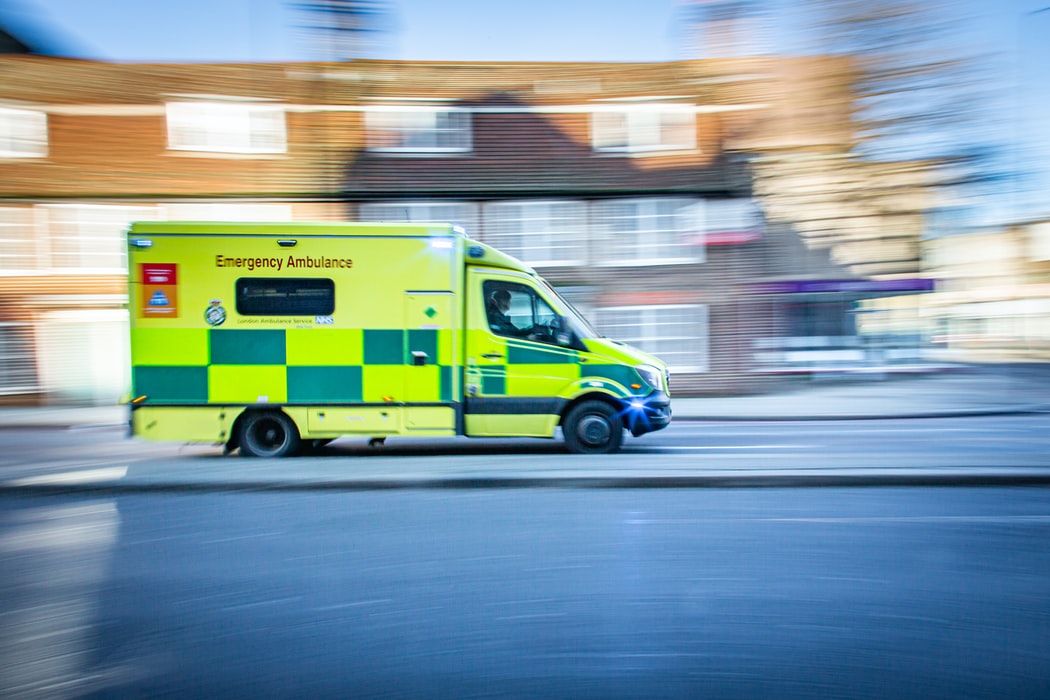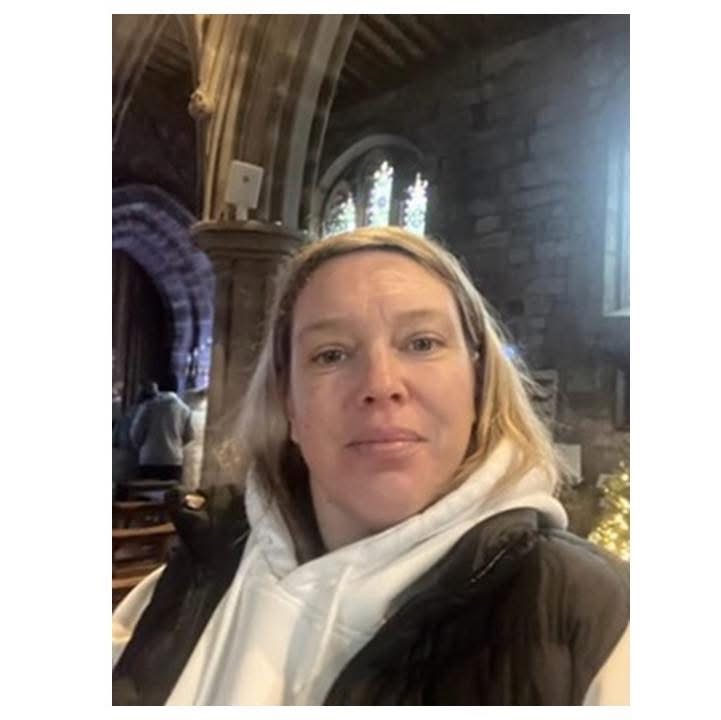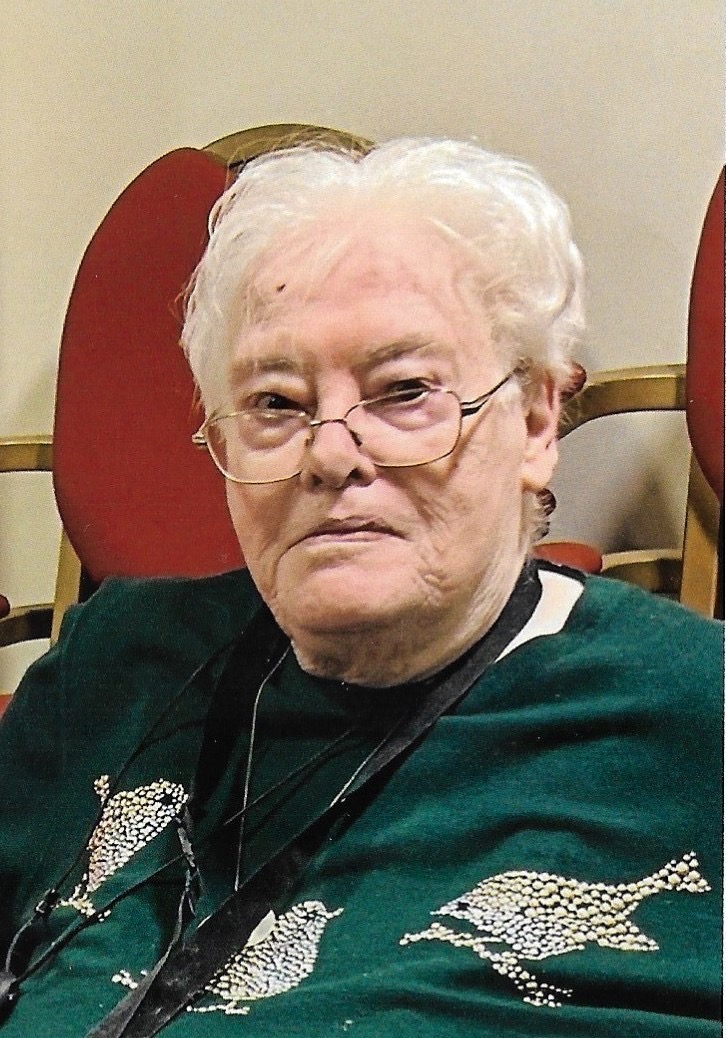There are early signs that the overdoses may be caused by heroin mixed with a potent and dangerous synthetic opioid, but further work is needed to confirm any links between the cases.
To date, there have been at least 46 poisonings resulting in 16 deaths but investigations are still ongoing. The areas affected include South London, the South East, South West and East of England.
PHE is working closely with the National Police Chiefs’ Council (NPCC) and National Crime Agency (NCA) to investigate these incidents and prevent further deaths.
People who use drugs, in particular heroin, should be extra cautious about what they are using and how much they take.
Rosanna O’ Connor, Director of Drugs, Alcohol, Tobacco and Justice at PHE, said:
We are urging drug users to be extra careful following reports of a sharp rise in the number of overdoses potentially connected to heroin, tragically with some deaths. We are urgently investigating with the police and local partners.
We strongly advise anyone using drugs not to use alone and to test a small amount first.
People need to look out for each other and be alert to any signs of an opioid overdose, such as shallow breathing, loss of consciousness and blue lips or fingertips.
If someone does overdose it’s vital to act fast, call for an ambulance immediately and if possible use the opioid antidote, naloxone, which can save lives.
We strongly advise all drug users to get support from local drug services, as being in treatment greatly reduces the risks of harm and overdose.
NCA Deputy Director Miles Bonfield said:
The NCA is leading and co-ordinating the law enforcement response to the drug overdose incidents, working closely with the NPCC, PHE and others, to gather intelligence and assess the situation.
Drug dealers pose a serious threat to our communities, as they exploit vulnerable people for their own gain. As always, our primary objective is to protect lives and we are working hard with our partners to minimise harm.
I would urge people to take the time to read the official advice from PHE so you know the risks and signs to look out for and if you are offered drugs, report it to your local police.
NPCC Drugs Co-ordinator Lead Mark Lay said:
There have been a concerning number of drug overdoses reported in recent days in specific parts of the country, and sadly, some of these cases have resulted in deaths. At this time, there’s nothing to suggest that there is a direct link between any of the areas affected.
Drug dealers target and exploit some of the most vulnerable people in society. Forces are working at pace with local partners to ensure that such communities are being informed of the risks, and the dangers of drug and substance abuse.
As always, I would urge anyone who is offered drugs to contact their local force with any information which might help the police to find those responsible and get dangerous drugs off the streets.
PHE has issued an alert to all local public health and drug services, making them aware of the problem and asking them to reach out to drug users outside of the drug treatment system.
Drug service staff have been asked to ensure that all drug users, and anyone who might be with them if an overdose occurs, understand how to spot the signs of an overdose and always carry naloxone and know how to use it. Drug users are being advised never to use alone and to test a small amount of any drug they intend to use first.
There is good evidence that naloxone prevents opioid overdose deaths. Drug service staff can provide naloxone to anyone without a prescription, and the availability of nasal naloxone now makes it easier for people to use naloxone. While drug death rates do vary across the country, it’s vital that all local areas ensure wide availability of naloxone and training in its proper use.
In addition to access to naloxone, easy access to effective drug treatment, including opioid substitution treatment, is critical as there are fewer heroin overdose deaths reported among people attending drug services.
Contains public sector information licensed under the Open Government Licence v3.0.




